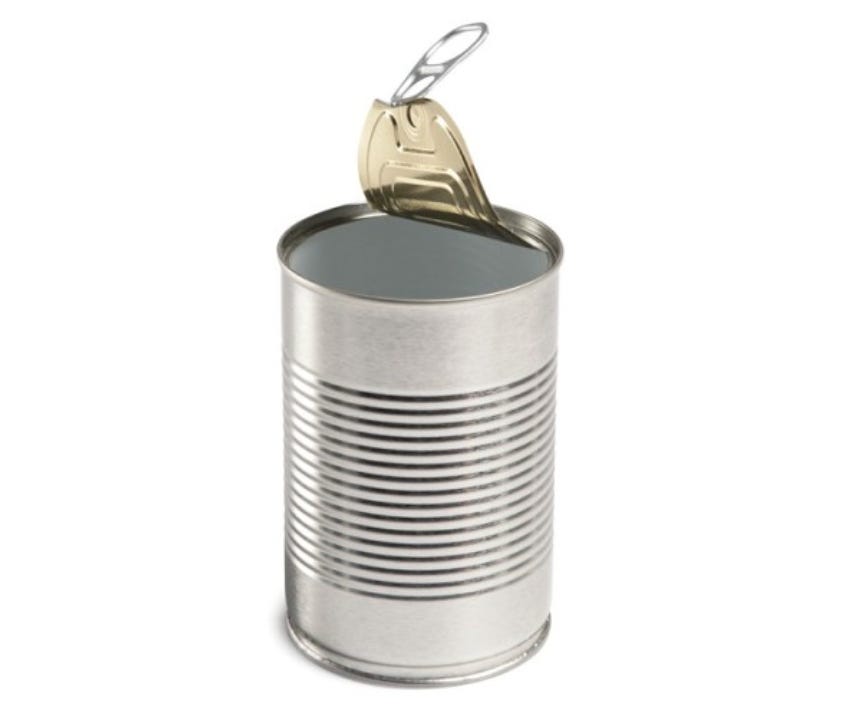This year marks 25 years since I started Pop Candy, a pop-culture column that grew to become one of the first blogs at a major news publication. It ran for 15 years at USA Today.
To mark the anniversary of Pop Candy’s birth (and its death in 2014), I’ll be looking back at that era throughout the year. Today’s piece, “Andy Warhol,” is part of a larger book project I’ve been working on.
ANDY WARHOL
Andy Warhol was a jerk, you know. He used, critiqued, ignored, enabled, abandoned and flat-out wrecked people. Peel that banana, and you’ll uncover a mushy brown stump.
But I’m a jerk, too. I’ve failed as a mother, daughter, partner, friend and kind stranger – not every day, but more often than I’d ever tell you at this hour. I’m haunted by mean things I’ve said and done, and I suppose I always will be.
In 2004, people started pointing out my failures after I sprouted a gnarled appendage called a “comments section.” Before that, my paragraphs had been megaphones, not telephones, and I preferred them that way.
But as my bosses pointed out, comments and journalism now commingled. Letting others chime in on my daily blog, they said, would provide lots of “value-added content,” a phrase that sounds about as sexy as a moldy banana.
And so they released the cyber-hounds, even though I knew I’d be called a dumb ugly bitchy bloated shallow shrill stuck-up low-rent poser – and I was, because people get nasty when they can hide. Mean comments stuck to my brain for hours and days and longer to the point where perhaps I needed mental health assistance, but back then we all put pageviews before Prozac.
“Don’t pay attention to what they write about you,” Warhol famously said. “Just measure it in inches.”
I tried to follow this advice, but it’s impossible – and don’t forget it came from a wealthy jerk.
Andy Warhol was a darling, you know. He helped, championed, cheered, launched, discovered and collaborated with people. Pop open that soup can, and you’ll find a toy surprise inside.
I’m not lying when I tell you I love it all: the nude sketches, spiked heels, piss splatters, Polaroids, diamond dust, silkscreens, electric chairs, epic films, last suppers, screen tests, superstars, big portraits, Brillo boxes, time capsules, white wigs, exploding plastic. It’s all magic to me.
I love that Warhol often spoke in “yes”-es and “great”-s and “ah”-s. He appreciated the high and the low, the erotic and the antiseptic. He wanted everyone to get famous, throw parties, spend money and create like a machine. Try everything. Like everything. “Don’t think about making art, just get it done.”
When comments turned my work into a two-way mirror, no one benefited from it more than I did. I was shocked by how kind others were to myself and each other, how they’d take time out of their workdays to share a personal story or recommendation or a compliment. Commenters forged real friendships and used my blog to share their victories and struggles.
One man began drawing comic strips based on the comments section and compiled them into a book. Several commenters organized a trip to Las Vegas so they could meet in real life. Two of them fell in love, got married, and had a baby.
Commenters sent me songs and stories they’d written and asked for career advice. Occasionally, a fox would slip into the henhouse and spout something negative. Usually they didn’t stick around – and sometimes they’d even apologize, explaining they were going through a rough time.
The early 2000s was an unkind, snarky era full of internet outlaws. Whether it was on a small gossip blog or a major news website, we could say what we wanted with little to no accountability. When editors asked me why my comments section was so positive, I said that wasn’t entirely true – one out of every hundred was so cruel it kept me up at night – but it was probably because I set the tone. I spent most of my day writing about bands, films, books and other things I loved. Lots of “yes”-es and “great”-s and “ah”-s.
A few years ago, many news sites began shutting down their comments sections because moderation became too difficult. At that point, it didn’t really matter, because social media had swallowed the comments anyway. As Warhol once predicted, everyone had become famous, albeit not for just fifteen minutes but around the clock.
Andy Warhol poked holes in art. He melted the line between fine and commercial. And no matter what people said about him – much of it negative, some of it true – he never stopped.
I know what it means to fail as a mother, daughter, partner, friend and kind stranger. To fail as a writer is when you, the reader, leave with no connection.
It’s when these words become cold shapes, just hanging on a wall.
Find me on Instagram and at whitmath@gmail.com. If you like what you read, please share/like/comment/scream out the window.





Whitney, I loved when you called Pop Candy a henhouse. So funny! So true. Thanks for the memories. It sounds silly, but Pop Candy did change my life. The Pop Candy community was and continues to be a special source of creativity and inspiration.
WHITNEY MATHESON IS YOUR OVERLORD!
👏👏👏🖤
Hi Whitney, long time reader, first time commenter. I religiously read your Pop Candy articles every day while I was in my 30s and working as a university professor. They kept me hip and up-to-date, making me relevant to the "young folk" I taught daily. Had I known about the haters, I would have flooded the comment section with positivity and love. I looked forward to Pop Candy; it is a meaningful and groundbreaking cultural platform. Cheers to 25 years! Thank you for making me feel relevant and cool, at least throughout my 30s.